En xarxa
10. In network
Fifteen years of grants for social engagement and development cooperation projects: UPF’s spirit of commitment
The year 2021 marked the fifteenth edition of the annual call for proposals for social engagement and sustainable development projects. Since it was first launched in 2007 in the context of UPF Solidària, the call has subsidized a total of 152 projects across four continents carried out in conjunction with around 70 third-sector organizations with ties to members of the UPF community. The projects, which have helped mitigate numerous situations of vulnerability and benefited many disadvantaged people, are sponsored and co-funded by members of the various groups that make up the university community and are part of the University’s social engagement policy.
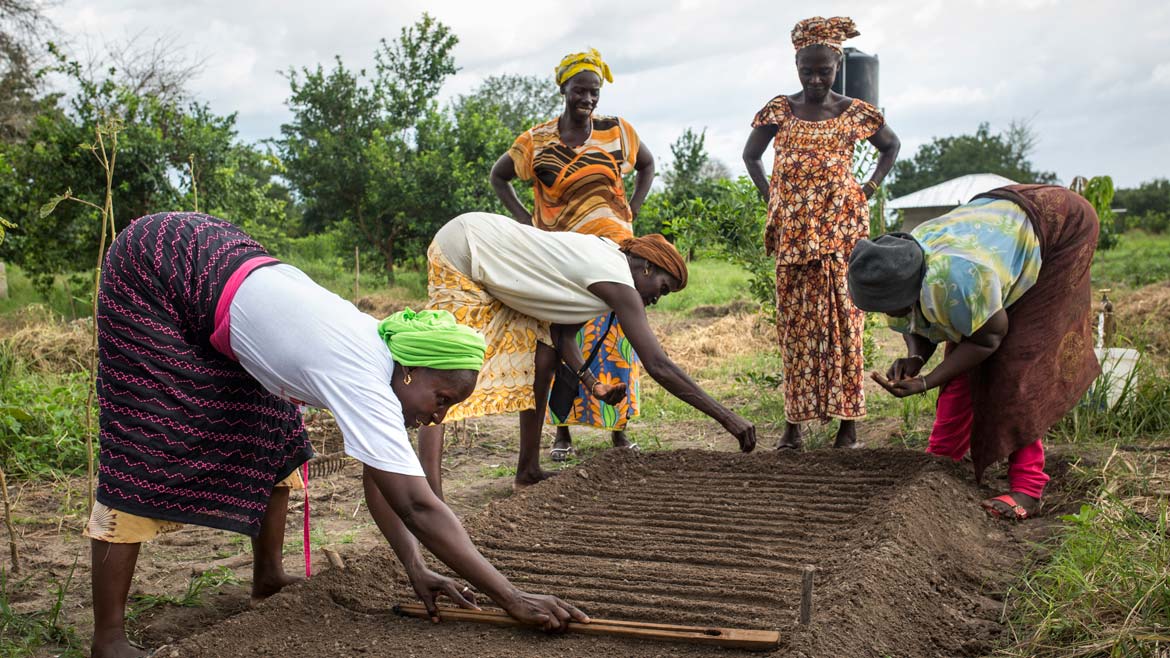
In November 2002, the oil tanker MV Prestige sank off the coast of Galicia. The resulting oil spill was massive and led to a major environmental disaster in the area. The event sparked widespread social mobilization, including at universities. At UPF, several members of the university community began to organize and, with the support of the Rector’s Office, nearly 100 students and staff members travelled to Galicia to help with the clean-up.
This collective act of solidarity was the embryo for the UPF Solidària platform, made up of members of all the university’s groups. The platform was soon formally established at the institutional level, with the aim of promoting social engagement activities at the university in a general, participatory and committed way. Some years later, in 2007, UPF launched an annual call for proposals in the fields of social engagement and development cooperation under the management and coordination of UPF Solidària, which today is attached to the Institutional Communication and Promotion Unit.
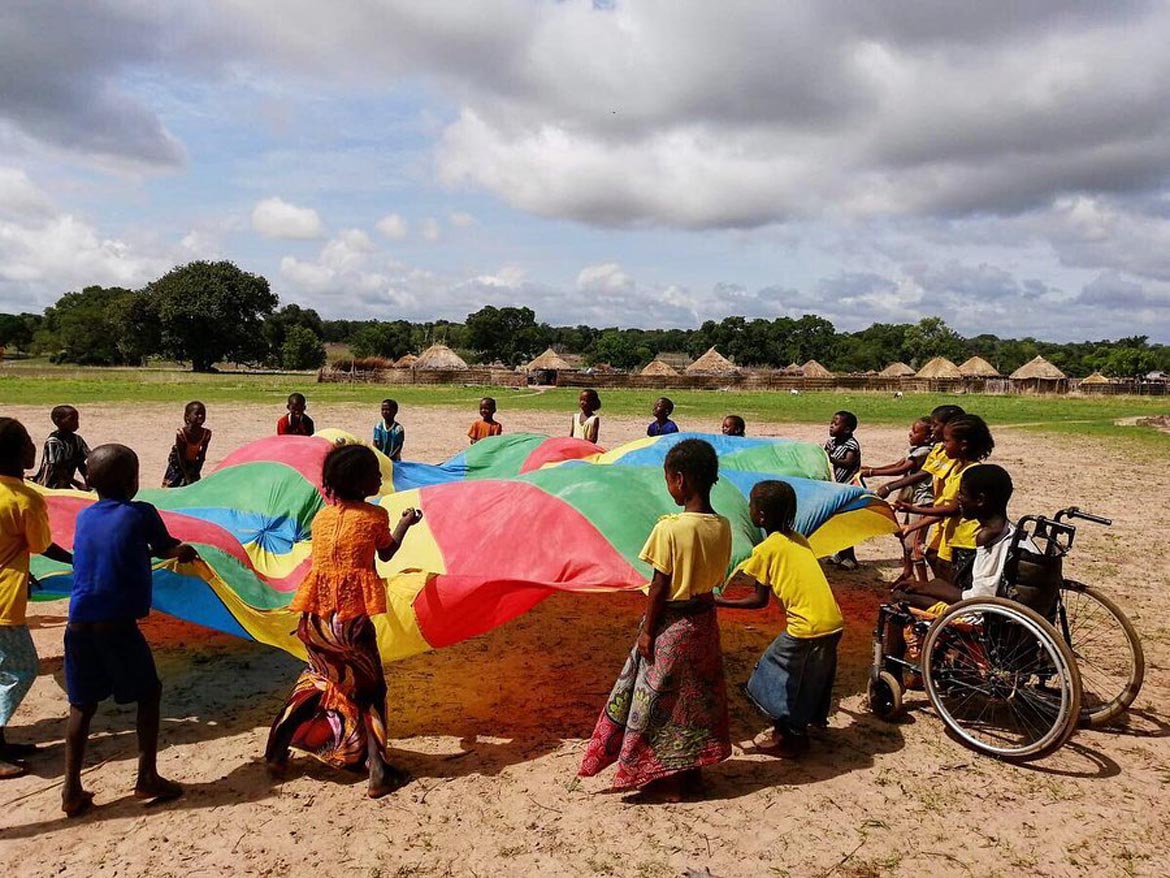
For the last eight years, Mònica Figueras has been vice-rector for social commitment and equality projects at UPF. Her office is the governing body that publishes the call. In this time, the call has been consolidated and grown. Today, it is rooted in the university model provided for in the 2016-2025 Strategic Plan. It is likewise grounded in the university’s various cross-disciplinary projects, such as the new EDvolució educational framework and the Planetary Wellbeing initiative, which the University launched to advance on the Sustainable Development Goals (SDGs) in the framework of the United Nations 2030 Agenda.
‘We also have some margin. Certain priorities allow us to reorient the call, based on UPF’s specific interests, to promote certain SDGs or institutional strategic projects’
‘This call has a global framework of action, which brings us into line with organizations such as the Catalan Agency for Development Cooperation and the Catalan Development Cooperation Council. We are working with the Catalan government and other Catalan universities. However, we also have some margin. Certain priorities allow us to reorient the call, based on UPF’s specific interests, to promote certain SDGs or institutional strategic projects’, Figueras explained.
The university community has responded enthusiastically to this call to solidarity over the past fifteen years. In all, the programme has subsidized a total of 152 projects in 27 countries across four continents. Some 70 organizations have received funding, and the total budget allocated to the grants is close to €625,000.
Number of grants and allocated budget by geographical region (2007-2021)
-
Africa
63 projects - 259.300 euros -
Catalonia
38 projects - 127.800 euros -
South America
24 projects - 150.800 euros -
Asia
14 projectes - 44.500 euros -
Central America
12 projects - 40.500 euros -
Europe
1 projecte - 1.600 euros
TOTAL: 152 projects - 624.500 euros
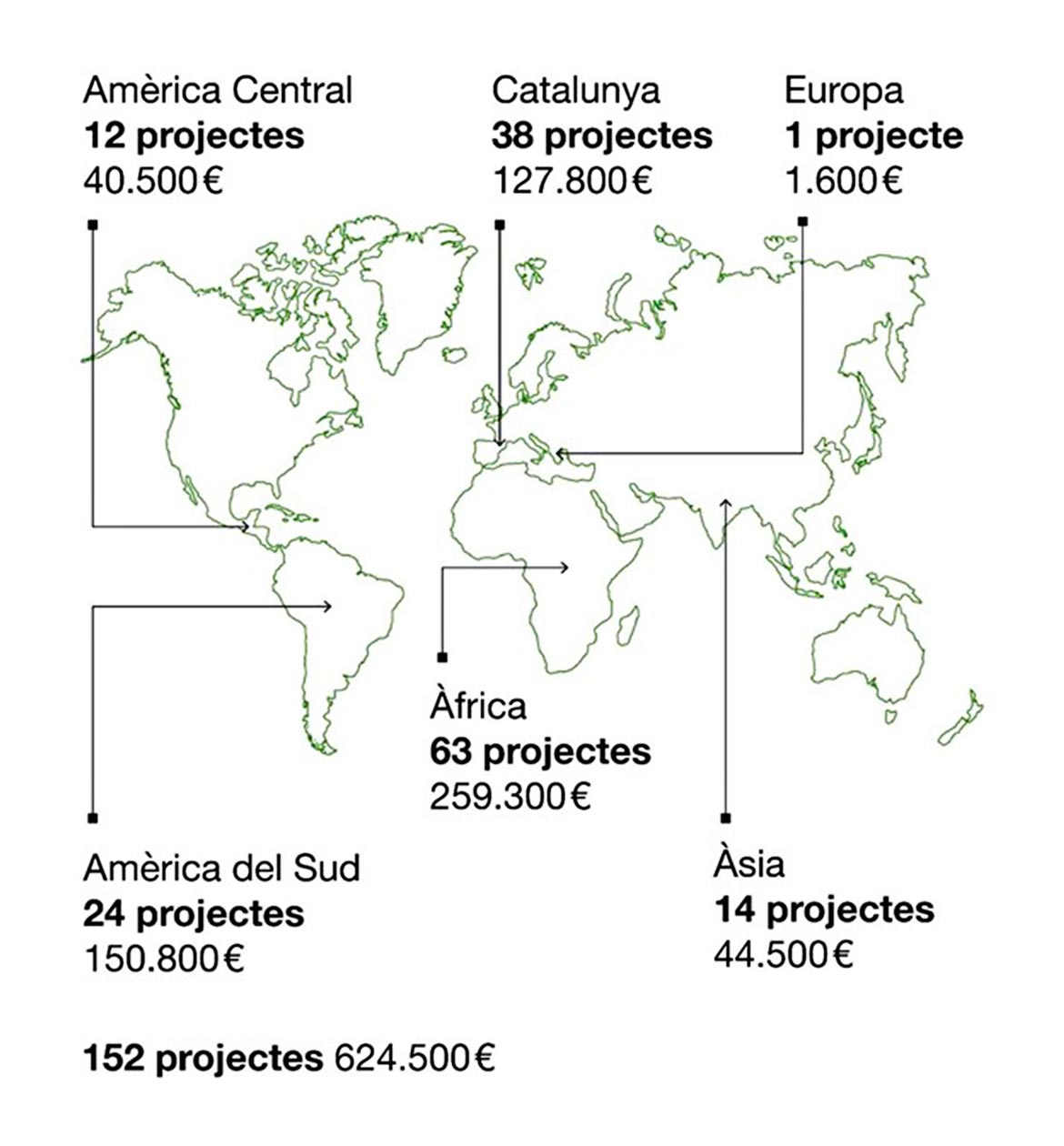
Three categories, to alleviate inequality and vulnerability
The annual call for proposals for social engagement and sustainable development projects, which celebrated its fifteenth edition in 2021, is a commitment by all UPF groups (teaching and research staff, administrative and service staff, students, and alumni) to work with the countries and communities that suffer most from all aspects of inequality and poverty. The rules have been adapted over time to the circumstances and social context.
The application must be made by a member of the university community, who must partner with a social organization (representing the interests of the beneficiaries), and there must be a link between them. This person liaises with UPF Solidària and actively participates in the project’s implementation, which must be managed in such a way that any indirect third-party benefits that it might generate (hiring of staff, acquisition of materials, etc.) go to local staff and people in the target geographical regions and populations.
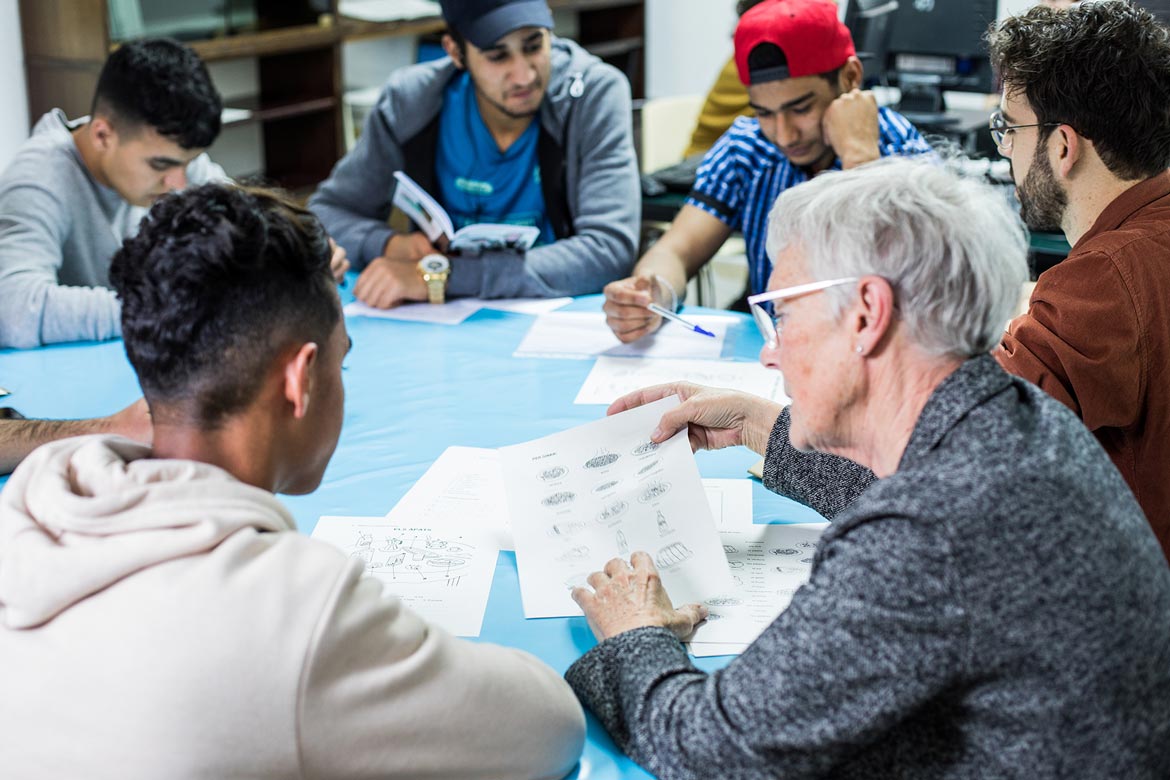
With an annual endowment of €40,000 since 2014, the call currently includes three categories: one for training and educational actions intended to promote education and facilitate teacher training at universities or other formal education institutions on sustainable development issues; a second for projects to promote international development cooperation; and a third for local aid work targeting populations at risk of social exclusion.
Some of the aspects to which most value is attached include: an educational and training component; knowledge transfer; involvement of the beneficiary community; and being a coherent, viable and sustainable project that can be kept up autonomously once the selected project has been completed
The call – whose current rules were approved by the university’s Board of Governors in 2019 – sets certain priorities for the projects to be funded, which are then selected by an evaluation committee. The committee is chaired by the competent vice-rector and includes representatives from UPF’s social responsibility area, the university’s various groups, a member of the Board of Trustees, and an external expert.
Some of the aspects to which most value is attached include: an educational and training component; knowledge transfer; involvement of the beneficiary community; and being a coherent, viable and sustainable project that can be kept up autonomously once the selected project has been completed.
Projects subsidized throughout these fifteen editions
Map of UPF's international development cooperation projects
In red, projects subsidized in the 2021 call.
Map of UPF's local cooperation projects
In red, projects subsidized in the 2021 call.
A global call that adapts to the context
One of the call’s most salient features – once the continent, country, region and groups receiving the aid are taken into account – is that it addresses current needs. It is a mirror reflecting the various global conflicts and challenges, from economic, demographic and refugee crises to humanitarian disasters and pandemics, such as Covid-19.
In the wake of the economic and social crisis of 2008, for example, the number of projects located in Catalonia (mainly Barcelona) carried out with local NGOs and organizations grew considerably
In the wake of the economic and social crisis of 2008, for example, the number of projects located in Catalonia (mainly Barcelona) carried out with local NGOs and organizations grew considerably, reflecting the substantial increase in the needs of at-risk people in vulnerable situations. Since then, the programme has seen various fluctuations with regard to both such local projects and projects aimed at development cooperation, which, over the years, have primarily focused on countries in Africa, followed by South America and, to a lesser extent, Central America and Asia.
Ranking of projects by beneficiary country:
TOTAL: 152
The 2020 and 2021 calls, marked by the pandemic
Coinciding fully with the effects of Covid-19, the most recent call saw record participation. A total of 28 proposals were submitted (of which 14 were selected, receiving funding ranging from €1,450 to €5,300), distributed fairly evenly amongst the university community’s component groups: 5 were submitted by students (including one student from the UPF Senior programme), 11 by teaching and research staff, 6 by administrative and service staff, and 6 by alumni.
‘The 2021 call, published in the midst of the pandemic, saw an increase in grants aimed at mitigating needs. Many of these needs were no doubt already there, but Covid-19 exacerbated them and made them more visible’
The 2021 call gave priority to projects linked to SDGs 3, 10 and 13 (corresponding to health and well-being, reducing inequality, and climate action, respectively), as well as projects that overlapped with the lines of the Planetary Wellbeing initiative related to these SDGs. Most of the projects (11) are located in Africa, 2 in Barcelona and its greater metropolitan area, and 1 in Asia. According to Figueras, ‘The 2021 call, published in the midst of the pandemic, saw an increase in grants aimed at mitigating needs. Many of these needs were no doubt already there, but Covid-19 exacerbated them and made them more visible.’
In fact, it was the outbreak of the pandemic that caused the 2020 call to be exceptional, and many of the 11 selected projects were affected. ‘A few months after most of the projects had begun, we began to receive messages telling us that, because of the measures taken to address the pandemic, there had been incidents’, the UPF Solidària team explained. As a result, some projects had to be restructured and their execution made more flexible through two options: extending the deadlines and allowing part of the grant money to be allocated to needs arising from the pandemic.
Throughout the projects’ implementation, UPF Solidària remains in contact with both the organization and the applicant in order to monitor progress and raise awareness of the project through institutional communication channels. Once the project has been finished, the applicants have to submit a project report and a financial report showing that all the plans provided for in the application were carried out and assessing the impact thereof. Additionally, UPF Solidària advises both the university community members and the organizations that apply to the call.
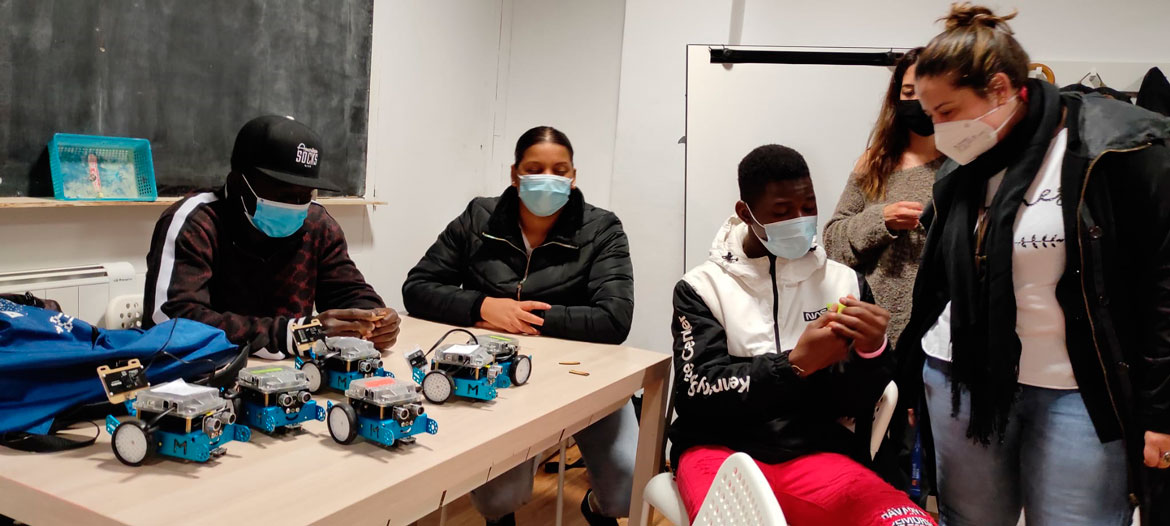
Promoting collaboration and networking
The grants are not awarded directly to UPF’s own projects. Instead, a partner is required, namely, a solvent NGO or organization linked to the third sector. ‘The aim is to create networks, links, synergies with society and with external agents’, Figueras explained. It is also a form of recognition for the members of UPF, who are able to access the grants and carry out their own projects because they belong to the university community.
Total grants awarded by UPF group (2007-2021)
TOTAL: 152
*Includes undergraduate, postgraduate and UPF Senior students.
The call is open to all the university’s component groups, including alumni and retired employees, which strengthens the bond with the institution and helps foster a sense of community and belonging. In fact, the call encourages and positively values applications involving members of multiple university groups.
‘The participation, year after year, of students, alumni, teaching and research staff, and administrative and service staff, with plural and individual commitments and projects, both exemplifies and contributes an effort and a type of learning that is consolidated in the form of global sensitivity and a community-wide commitment’
According to Montserrat Vendrell, chair of the UPF Board of Trustees, a body that plays a prominent role in funding the call and is represented on the evaluation committee that selects the projects, ‘The participation, year after year, of students, alumni, teaching and research staff, and administrative and service staff, with plural and individual commitments and projects, both exemplifies and contributes an effort and a type of learning that is consolidated in the form of global sensitivity and a community-wide commitment.’
Additionally, during the year, the organizations that receive the grants are invited to participate in the awareness-raising activities organized by UPF Solidària, such as the UPF Solidària Fair, to introduce themselves and have a chance to network with the other participating organizations.
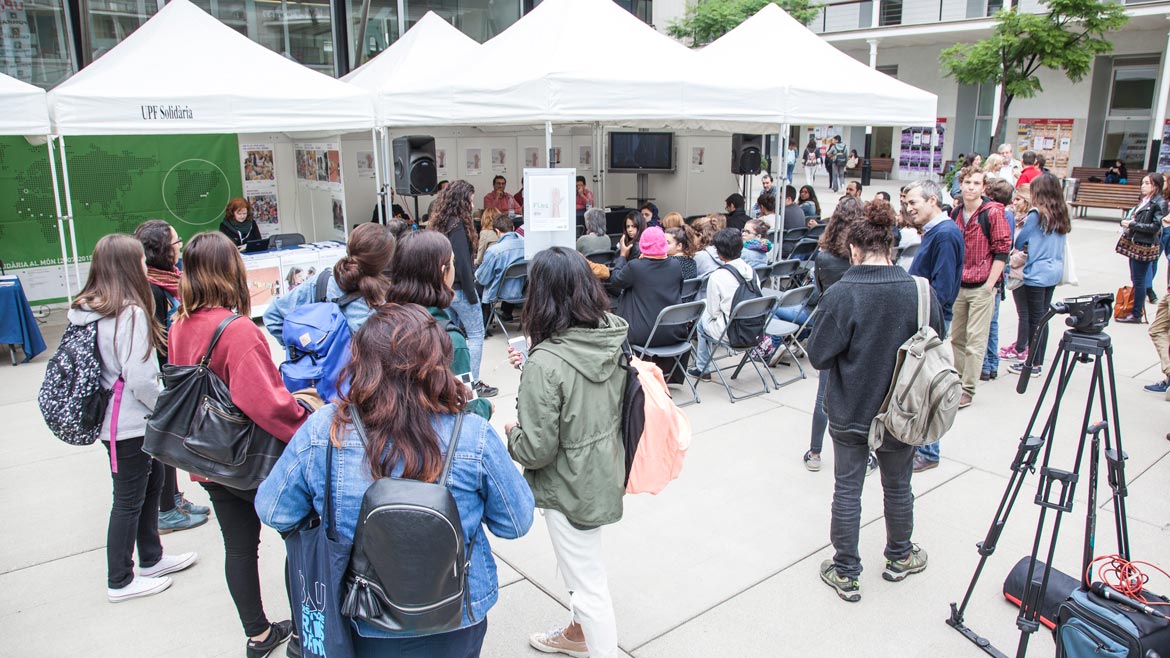
A call rooted in a university model
As Figueras pointed out, the call is not intended as a parallel activity to the university’s traditional functions. Instead, the aim is to ‘integrate it into the teaching and research carried out at UPF, two areas that need to be imbued with solidarity and cooperation, and orient it towards projects linked to the university’s own mission.’
With regard to teaching, the call promotes cross-disciplinary skills included in the EDvolució project, such as citizen engagement and civic engagement with global challenges. Additionally, the UPF Passport, one of the components of EDvolució, will include the knowledge, skills and competences acquired by students over the course of their studies, including those inherent to the call.
With regard to teaching, the call promotes cross-disciplinary skills included in the EDvolució project, such as citizen engagement and civic engagement with global challenges
Figueras specified, however, that the UPF Solidària call is more closely linked to aspects related to teaching and training. To promote research and knowledge transfer to the population, the vice rector’s office created a parallel call for proposals to increase the social impact of research. (two editions have already been held and the third is underway.) The aim is to promote multidisciplinary research in this field.
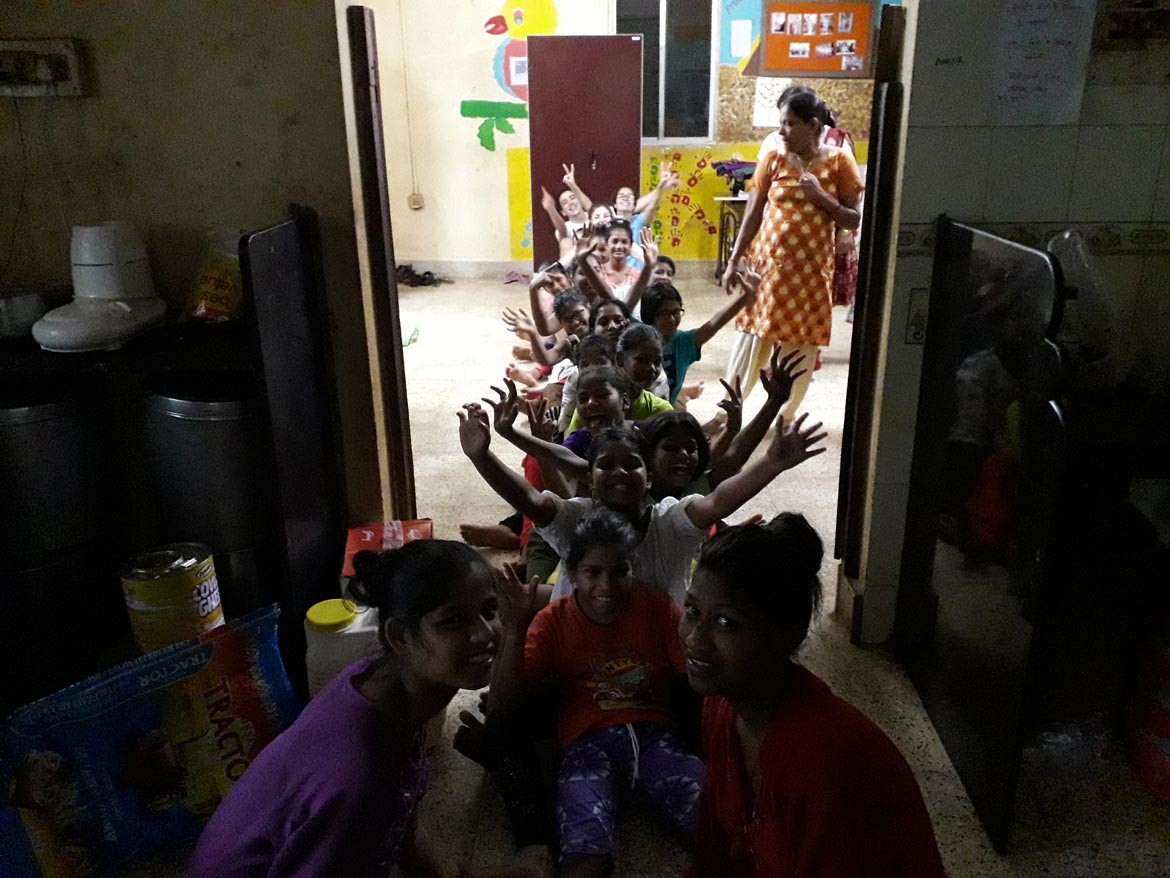
Three-way funding including from the university community itself
Funding for the UPF Solidària call comes from the solidarity fund, which includes items from the university’s general budget and the budget of the Board of Trustees, as well as voluntary contributions from members of the university community’s various groups (employees through a withholding from their pay cheque; students by checking the option to collaborate when they register), as well as other one-off donations.
According to the UPF Solidària team, ‘Although the contributions from the university community have remained quite stable over the years, we noticed an uptick in the number of students choosing to contribute during registration in 2020.’ They believe the rise may be due to the pandemic and the increased dissemination of the projects carried out.
‘Although the contributions from the university community have remained quite stable over the years, we noticed an uptick in the number of students choosing to contribute during registration in 2020’
‘The philosophy of the call is based on co-funding, the existence of a partner organization and the contributions made through other channels’, said Figueras. She explained that it is people from the various UPF groups who provide the money for the projects promoted from within the university community itself and, thus, who make it possible to pursue such social engagement and cooperation work.
According to Vendrell, the aim of the call can be found at the heart of the mission of the Board of Trustees, the body she chairs, which represents the interests of Catalan society at UPF in its capacity as a public university. ‘The projects carried out with these grants maximize the impact of our institutional social responsibility and are fully aligned with a university open to the world. That is why we collaborate on their funding’, she concluded.
(The video does not include data from the 2020 and 2021 calls)
Six projects selected in the 2021 call, promoted by members of all the university's groups
To offer a better idea of the scope of the social engagement and cooperation work that UPF is carrying out through the call, six of the projects awarded grants in 2021 are highlighted below, including two in Catalonia, three in Africa, and one in India. The applicants represent all the university’s groups (teaching and research staff, administrative and service staff, students, and alumni) and the beneficiaries, through the partner organizations, include young people currently or formerly under guardianship and immigrants in at-risk situations in Barcelona; teachers, women farmers, and students with disabilities in Senegal; and young people living with or affected by HIV/AIDS in the Indian state of Maharashtra.
